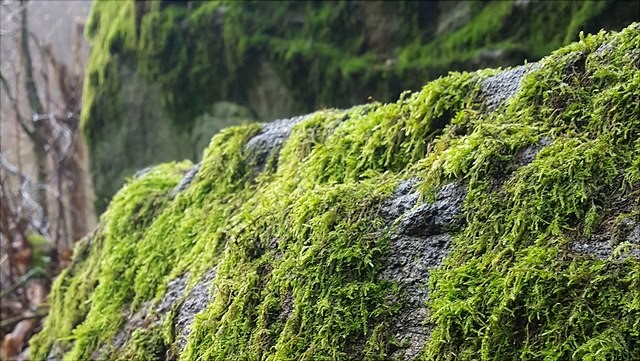Philipp PORADA (Hamburg): Non-vascular vegetation, meaning bryophytes, lichens, terrestrial algae and cyanobacteria, is globally abundant and represents a substantial component of many ecosystems, such as tun-dra, boreal forest, drylands, and certain forests with high epiphytic cover. In spite of this world-wide distribution, relatively little quantitative knowledge is available on the role of these remark-able organisms for ecosystems and their biogeochemical cycles. High levels of spatio-temporal heterogeneity make direct extrapolation of field measurements to the large scale or the future largely impractical. As an alternative, mechanistic, process-based modeling approaches may be applied to estimate ecosystem functions of non-vascular vegetation. Here, I present an ap-proach based on ecophysiological principles and trade-offs, combined with an explicit represen-tation of physiological diversity. The resulting model is able to predict the emerging community composition of non-vascular vegetation under a given climate, and quantifies the associated ecosystem functions. I will give an overview on contributions of non-vascular vegetation to global cycles of carbon and nitrogen, the hydrological cycle, and the energy balance at the land surface. Implications for the role of the organisms under climate of the past and the future will be discussed.
Online on uniMEET: https://unimeet.uni-graz.at/b/ber-cy7-ecr
